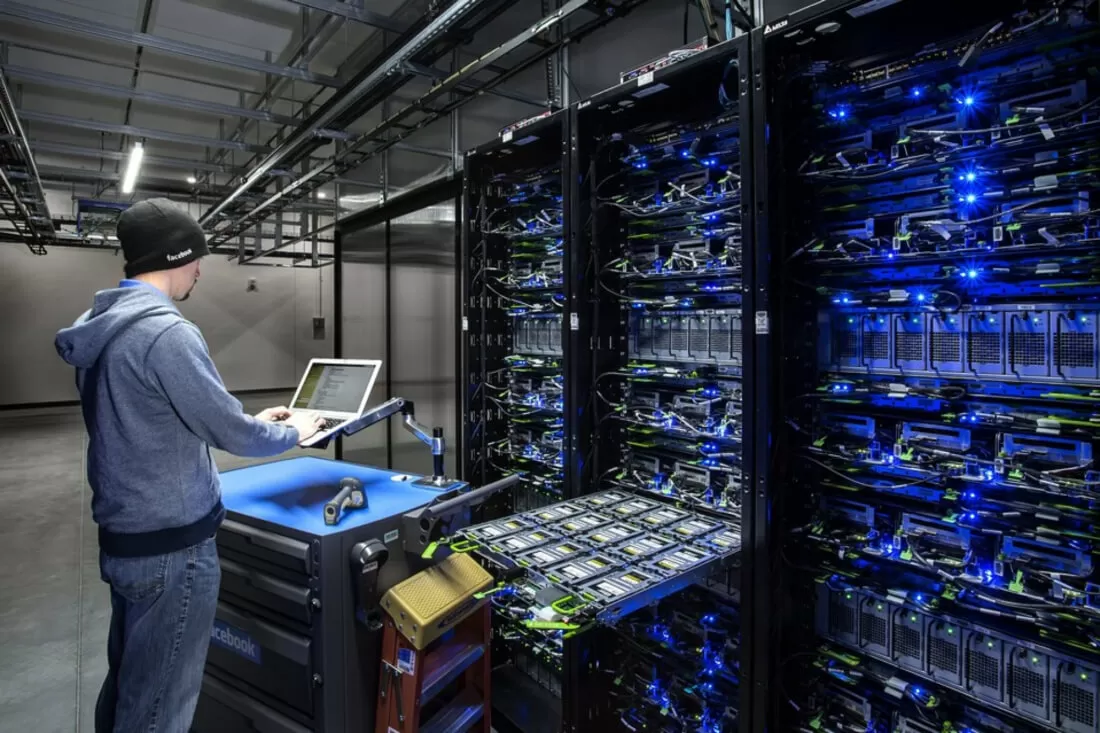Essential Tips for Buying Networking Equipment in the UK
Reliable networking equipment in UK is the backbone of any successful business or home setup. Whether you’re setting up a new office, upgrading your existing infrastructure, or enhancing your home network, making informed decisions when purchasing networking equipment is crucial. This comprehensive guide provides expert tips to help you navigate the UK market and select the best networking solutions tailored to your needs.
1. Assess Your Networking Needs
Before diving into the plethora of options available, it’s essential to evaluate your specific requirements. Consider factors such as:
- Number of Users: Determine how many devices will be connected to the network. A higher number of users may require more robust equipment to ensure seamless connectivity.
- Bandwidth Requirements: Assess the type of activities your network will support. Activities like streaming, gaming, or large file transfers demand higher bandwidth.
- Scalability: Choose equipment that can accommodate future growth. This ensures your network remains efficient as your needs evolve.
- Security Needs: Identify the level of security necessary to protect your data and privacy. Businesses may require advanced security features compared to home users.
2. Understand the Types of Networking Equipment
Familiarizing yourself with the different types of networking equipment is vital for making the right purchase:
- Routers: Direct traffic between your local network and the internet. They vary in speed, range, and features.
- Switches: Connect multiple devices within a local network. Managed switches offer greater control over network traffic.
- Access Points: Extend the wireless coverage of your network, ensuring consistent connectivity across larger areas.
- Modems: Convert internet signals from your service provider into a usable format for your devices.
- Network Interface Cards (NICs): Enable devices to connect to a network, available in wired and wireless variants.
3. Prioritize Speed and Performance
Network speed and performance are critical factors that influence the efficiency of your setup. When selecting equipment, consider:
- Bandwidth Capacity: Ensure the equipment supports the necessary bandwidth for your activities. For high-demand tasks, opt for devices that offer gigabit speeds or higher.
- Processor and RAM: Devices with powerful processors and ample RAM handle data more efficiently, reducing latency and improving performance.
- Dual-Band or Tri-Band: Multi-band routers can manage multiple frequencies, reducing interference and enhancing speed.
4. Ensure Compatibility and Standards Compliance
Compatibility is key to a seamless networking experience. Ensure that the equipment you choose adheres to current networking standards:
- Wi-Fi Standards: Look for devices that support the latest Wi-Fi standards (e.g., Wi-Fi 6 or Wi-Fi 6E) for better performance and future-proofing.
- Ethernet Standards: Ensure switches and routers support the required Ethernet standards (e.g., Gigabit Ethernet) for optimal wired connections.
- Firmware Updates: Choose equipment from manufacturers that provide regular firmware updates to maintain security and performance.
5. Evaluate Security Features
In an era where cyber threats are prevalent, robust security features are non-negotiable:
- Firewall Protection: Built-in firewalls help defend against unauthorized access and cyber attacks.
- Encryption Protocols: Ensure the equipment supports advanced encryption standards (e.g., WPA3) to secure wireless communications.
- Guest Networks: Separate guest networks can provide internet access without exposing your primary network to potential threats.
- VPN Support: Virtual Private Network (VPN) capabilities enhance privacy and secure remote access to your network.
6. Consider Brand Reputation and Support
Opting for reputable brands can significantly impact the reliability and longevity of your networking equipment:
- Proven Track Record: Brands with a history of producing high-quality networking products are more likely to deliver dependable performance.
- Customer Support: Accessible and efficient customer support ensures you can resolve issues promptly, minimizing downtime.
- Warranty and Guarantees: Comprehensive warranties provide peace of mind and protect your investment against defects and malfunctions.
7. Analyze Cost versus Value
While budget is an important consideration, it’s crucial to balance cost with value:
- Initial Investment: High-quality equipment may have a higher upfront cost but often offers better performance and durability.
- Long-Term Savings: Energy-efficient devices and those with longer lifespans can reduce operational costs over time.
- Feature Set: Evaluate whether the additional features justify the extra cost, ensuring you’re not paying for unnecessary functionalities.
8. Read Reviews and Seek Recommendations
Gaining insights from user reviews and expert recommendations can guide your purchasing decisions:
- Customer Feedback: Reviews provide real-world experiences regarding performance, reliability, and customer service.
- Professional Reviews: Expert analyses offer detailed evaluations of equipment features, performance benchmarks, and comparisons.
- Community Forums: Engaging with online communities can provide personalized advice and recommendations based on similar needs.
9. Plan for Future Expansion
Your networking needs may grow over time, so it’s prudent to plan for future expansion:
- Modular Equipment: Devices with modular components allow for easy upgrades and expansions.
- Scalable Solutions: Choose equipment that can handle increased loads and additional devices without compromising performance.
- Upgradeable Firmware: Ensure that the manufacturer provides firmware updates that add new features and improve performance over time.
10. Leverage Professional Consultation
For businesses or complex networking setups, consulting with networking professionals can ensure optimal configurations:
- Tailored Solutions: Professionals can design networks that align with your specific requirements and objectives.
- Installation and Configuration: Expert installation minimizes the risk of setup errors and ensures optimal performance.
- Ongoing Support: Access to professional support services can help maintain and troubleshoot your network as needed.
Conclusion
Investing in the right networking equipment store in UK is essential for achieving a fast, secure, and reliable network. By carefully assessing your needs, understanding the available options, prioritizing performance and security, and considering factors like brand reputation and future scalability, you can make informed decisions that enhance your connectivity experience. Whether for personal use or business operations, the right networking equipment lays the foundation for seamless digital interactions and growth.














Post Comment